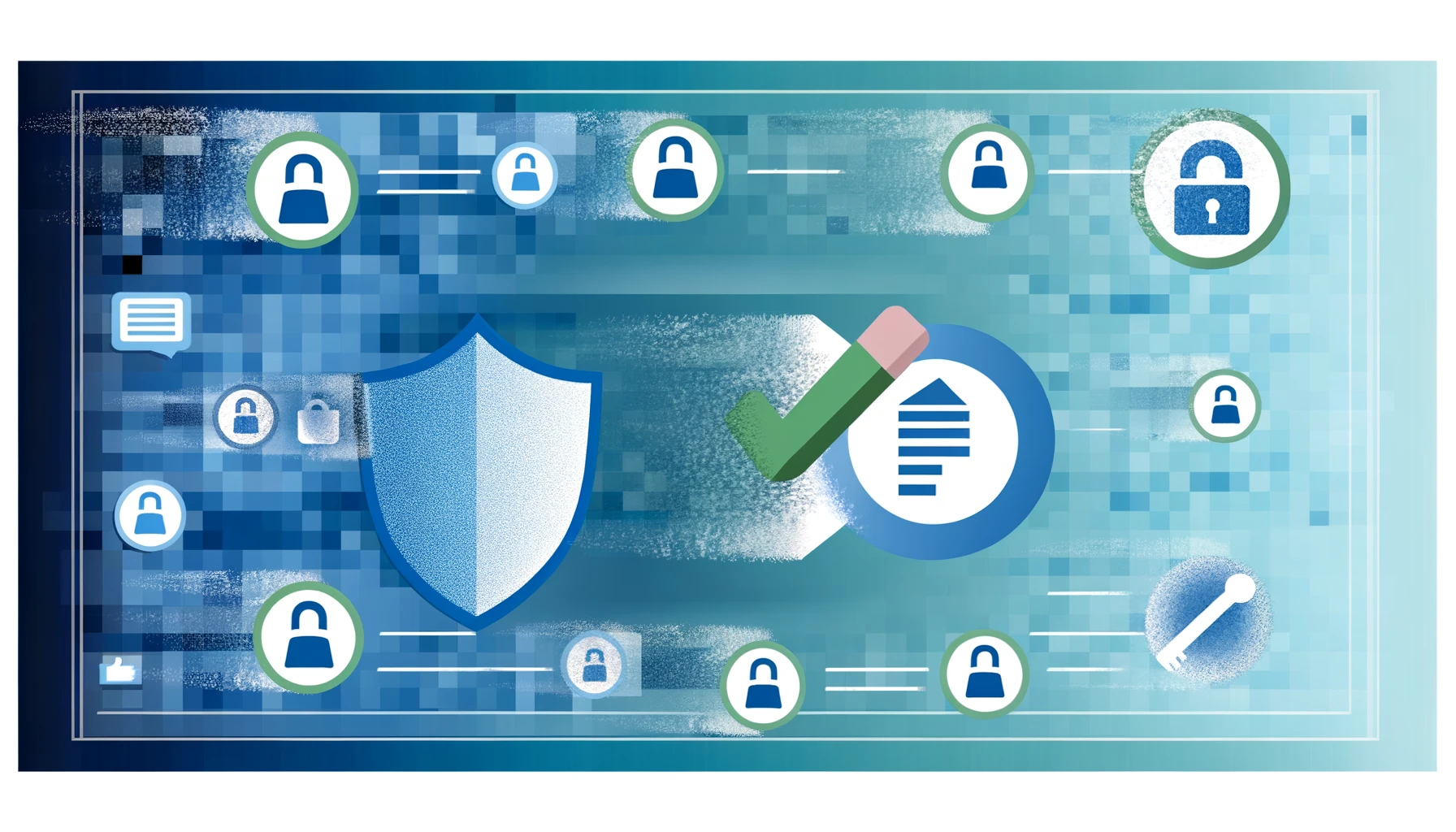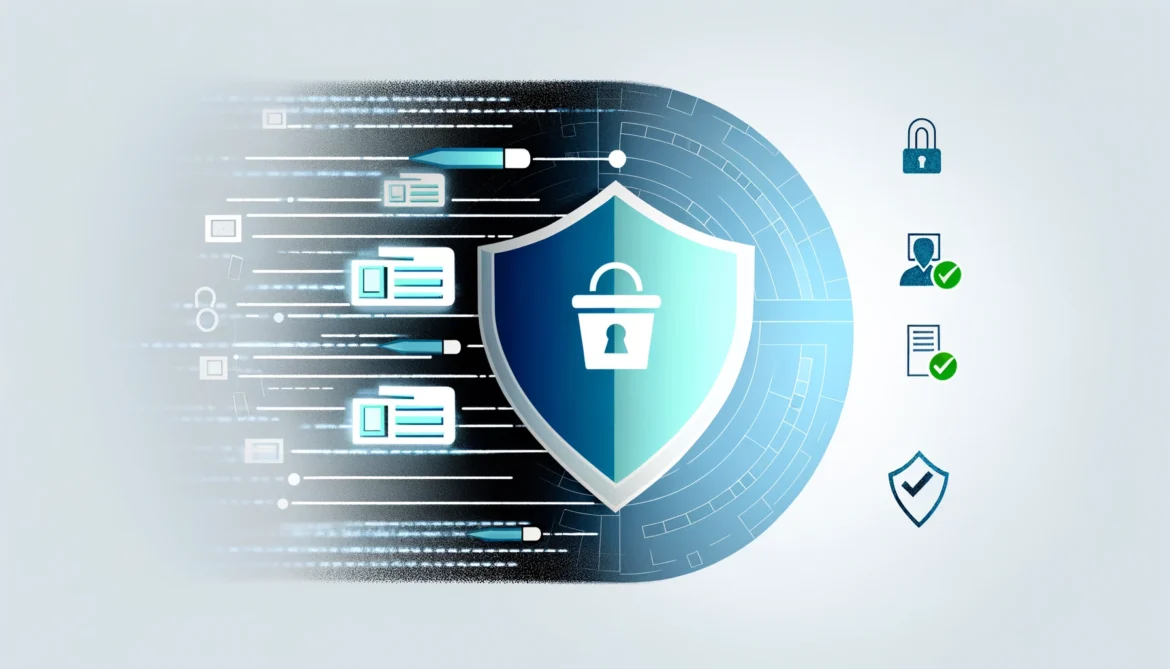Table of Contents
Do you know how much of your personal information is exposed online? Every time you browse the web, shop online, use social media, or sign up for a service, you leave behind a trail of data that third parties can collect, analyze, and sell. This data can reveal your identity, location, preferences, habits, and secrets.
Your online privacy is vulnerable, and you must protect it from hackers and trackers. Use data removal tools to erase your digital footprint.
Why does protecting data matter?
Protecting data matters for individuals due to several crucial reasons:
Privacy and Personal Autonomy:
- Keeping your personal information secret is essential for maintaining personal autonomy.
- It allows individuals to control who has access to their information and how it is used.
- Privacy enables us to be ourselves without judgment and think freely without discrimination.
Preventing Harm and Exploitation:
- Sensitive data (such as personal, financial, or health information) can easily be exploited if not protected.
- Vulnerable individuals, including journalists, activists, and marginalized groups, are particularly at risk.
- Safeguarding data helps prevent identity theft, fraud, and other harmful consequences.
Building Trust and Reputation:
- Protecting data fosters trust between individuals and organizations.
- A breach of privacy can damage an individual’s reputation and affect their relationships with others.
- Trust is crucial for maintaining healthy social connections and professional interactions.
Cybersecurity and Digital Safety:
- Data breaches can lead to cybercrimes, financial losses, and emotional distress.
- Ensuring data security helps prevent unauthorized access, phishing scams, and identity theft.
- Individuals must take proactive steps to safeguard their personal information.
What is Data Privacy?
Data privacy is the right to control who has access to your personal information and how they use it. In the digital age, privacy of personal data is more important than ever. It protects you from identity theft, fraud, and cyberattacks. It allows you to express yourself, explore new ideas, and pursue your goals without fear of being judged, discriminated, or manipulated.
Who are data brokers?
Data brokers are companies that collect, analyze, and sell personal information about millions of people without their consent or knowledge. They gather data from various sources, such as public records, social media profiles, online purchases, web browsing history, surveys, loyalty programs, and more.
Data brokers use this data to create detailed profiles about people’s identities, behaviors, preferences, interests, habits, and more. They then sell these profiles to third parties, such as advertisers, marketers, employers, insurers, lenders, government agencies, hackers, or anyone willing to pay for them.
What are data removal services?
Data removal services are online tools that help you find and delete your personal information from the internet. They scan various online data sources, such as data broker websites, people search platforms, social media networks, search engines, and online accounts, and help you remove or opt out of them.
How do they work?
Shockingly, 9 out of 10 people allow personal information exposure while using email services or accessing bank accounts. Data removal tools use algorithms or human agents to search for your data online. They use your name, email address, phone number, or other identifiers to find where your data is located. Then, they either delete it automatically or guide you through the steps to remove it manually.
Some data removal services monitor your online data continuously and alert you when new information about you appears online. They also provide you with reports on your data removal progress and status.

The benefits of deleting your online data:
Deleting your online data can benefit your online security.
- Deleting your online data makes it harder for criminals to impersonate or steal your money.
- It helps to reduce the information available for cyberattacks and unauthorized access.
- Deleting data limits tracking of your online behavior.
- Deleting your digital footprints can help to reduce targeted ads and spam.
- You can take control of your online presence by managing what others see and know about you.
- Lastly, this can give you more freedom to act and decide without interference.
Navigating the Complex World of Data Brokers
Data brokers operate in the shadows of the digital world, amassing vast amounts of personal information to create detailed consumer profiles. These profiles are then sold, often without the individual’s consent, to various third parties for targeted advertising, risk assessment, and other purposes. Understanding the mechanisms of data brokerage is crucial for anyone looking to safeguard their digital footprint.
The Mechanics Behind Data Brokerage
Data brokers collect information from a myriad of sources, including but not limited to public records, online transactions, social media activity, and even offline behaviors. This data is then processed, categorized, and sold to interested parties. The breadth of data collected can include everything from basic contact information to more sensitive data like purchasing habits and personal interests.
Mitigating the Impact of Data Brokers
While it’s nearly impossible to completely evade the reach of data brokers, certain strategies can minimize their impact on your privacy. Regularly using data removal tools to scan and remove your information from their databases is a proactive step. Additionally, limiting the amount of personal information you share online and understanding the privacy policies of the services you use can further protect your data.
The Technical Side of Data Removal Tools
Data removal tools are not just a black box; understanding their functionality can empower users to make more informed decisions about their privacy. These tools typically work by first identifying where your personal information is published online and then proceeding to remove or request its removal.
How Data Removal Tools Operate
At their core, data removal tools leverage algorithms to scour the internet for your personal data. This involves searching databases, public records, and other online platforms where your information might be stored. Once identified, these tools follow the necessary protocols to remove your data, which may include direct deletion or submitting removal requests on your behalf.
Choosing the Right Data Removal Service
Not all data removal services are created equal. When selecting a tool, consider factors such as the breadth of search capabilities, the success rate of data removal, and the level of ongoing monitoring offered. Services that provide detailed reports and alerts for newly discovered data can offer peace of mind in an ever-evolving digital landscape.
Beyond Removal: Strategies for Long-term Data Privacy
While data removal tools play a critical role in managing your online presence, they are just one piece of the privacy puzzle. Adopting a holistic approach to digital privacy can provide more comprehensive protection.
Educating Yourself on Digital Hygiene
Understanding the basics of digital hygiene, such as secure password practices, cautious sharing of personal information, and regular privacy check-ups on social media platforms, can significantly reduce your vulnerability online.
Advocacy and Legal Protections
Staying informed about your legal rights concerning data privacy and supporting advocacy efforts for stronger data protection regulations can contribute to a more privacy-respecting digital environment for all.
The Future of Data Privacy
As technology continues to advance, so too will the tools and methods for protecting personal data. Keeping abreast of new developments in data privacy technologies and practices is essential for maintaining control over your digital identity.
Data privacy is the right to control who has access to your personal information and how they use it. That’s why you need to take action to protect your Information confidentiality. One of the most effective ways to do that is to use data removal tools. Data removal tools allow you to erase your online data and protect your privacy from unwanted attention.









